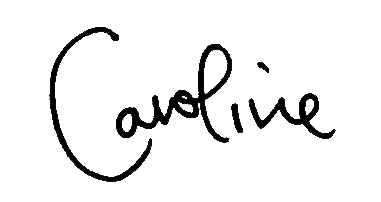Today’s post is an informal case study on why taking breaks is crucial for our mental and physical health and, therefore, our financial health.
I’ve now been officially back from maternity leave for about a month and a half and am slowly figuring out my schedule and the realities of being a working parent during a pandemic. The logistics are not simple and I’m not sure I’ll ever master them (perhaps that isn’t even possible). In general this is how things are supposed to go: I work about 20 hours a week. Vidalia is in daycare for 15 of those hours and the other five are cobbled together from other times throughout the week -- naps, times when she is with her dad, early mornings before she’s up...you get the picture. We will increase the amount of time she’s in daycare in the coming months, but for now this is what feels best for all involved, and, in theory, the plan works great.
In reality the whole system could fall apart at any moment because of any number of “children-are-gross-and-there’s-a-pandemic” reasons:
Vidalia could get sick and need to stay home
Vidalia could get one of her parents sick and we’d have to keep her home because of Covid protocols
One of Vidalia’s classmates could get Covid or someone in their home could get Covid and the whole classroom of kiddos would have to stay home
Basically there are a lot of ways that childcare can disappear at the drop of a hat.
Because of that I often feel like I need to use every little moment I have available to get work done. A little voice in my head eggs me on reminding me that I don’t really know that I’ll get those 5 hours of childcare so I should really use this 6am hour on a Sunday to respond to emails. As you likely can imagine, that little voice in my head has been making me feel like I’m both always at work and never really working enough, when in fact I had a plan for working part-time in 2021 and if I just stuck with it then I could get what I need to get done. I won’t get everything done, but, as I said last week, that isn’t possible anyway.
This weekend I decided to try a different approach at making that little voice shut up. Instead of giving in to its demands, I resisted. I didn’t do any work on Sunday and Monday. I read a book. I journaled. I went on a hike with my husband and daughter. I drank my coffee while talking to my cat. I called my sister. I went on a run with a friend. I played with my daughter. And you know what? It was incredibly restorative. It is now Tuesday morning and I feel happy to use this little window of time to work on the newsletter and I’m looking forward to daycare time this afternoon when I can tackle the rest of my action items for the day. I don’t feel exhausted. I feel ready.
I think the same thing happens with money work. Sometimes we focus so much of our mental energy on something, whether it’s squirreling away money in our emergency fund, whittling down credit card debt, or tracking our business revenue, that we become exhausted. Those goals are all good, but spending too much time on them can make us lose sight of the reason we’re shooting for them in the first place. So, if you’re working hard on a money goal and feeling exhausted, can I recommend a weekend away from it? Maybe just a little time apart will make you feel more motivated when you come back to it.
XOXO




















